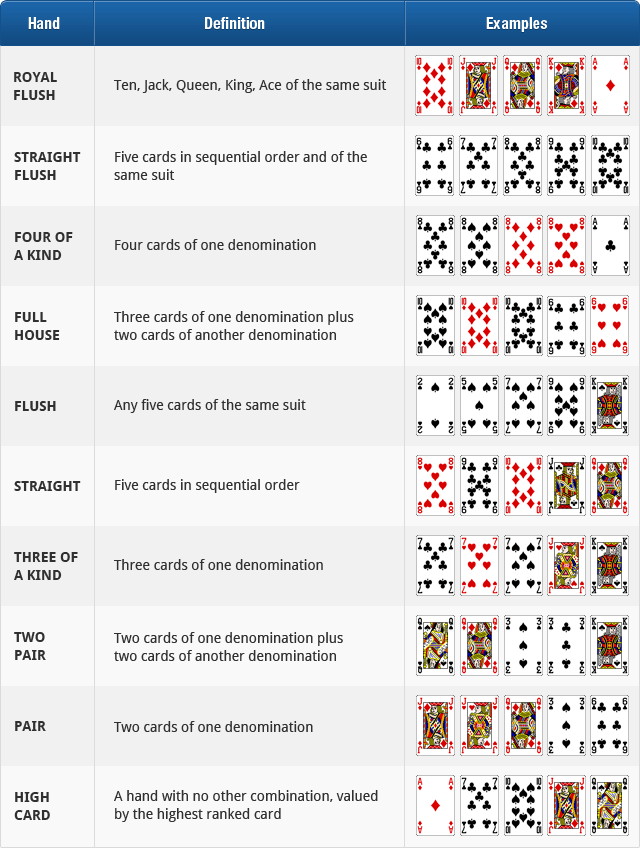Используй промокод - POKERDOM7777
- Бонусная игра для слота Book of Sun: Choice
 Next comes the first stage, known as the "3rd street." During this phase, each poker player receives three cards. Two of them are dealt face down, and one is dealt face up, visible to all opponents. Based on this, the player who makes the first move is determined. The participant with the lowest-ranking card goes first. If multiple opponents have identical ranks, then suits come into play, ranked from highest to lowest:
Next comes the first stage, known as the "3rd street." During this phase, each poker player receives three cards. Two of them are dealt face down, and one is dealt face up, visible to all opponents. Based on this, the player who makes the first move is determined. The participant with the lowest-ranking card goes first. If multiple opponents have identical ranks, then suits come into play, ranked from highest to lowest:
 It turns out that in the final stage, the player who shows the highest combination possible in the current hand wins the pot.
It turns out that in the final stage, the player who shows the highest combination possible in the current hand wins the pot.